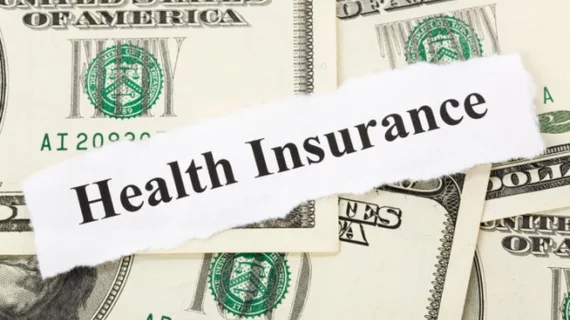Healthcare top priority for 25% of voters; 66% back protections for pre-existing conditions
Just over four months away from the 2018 midterm elections, healthcare promises to be a major topic of discussion as campaigns head toward the finish line. According to a recent poll, 25 percent of registered voters said healthcare was the No. 1 issue for this election cycle.
At the same time, according to June’s Kaiser Health Tracking poll, only one in 10 voters said a candidate’s support for different healthcare positions would be the determining factor for the 2018 election.
Despite deep partisan differences, respondents agreed that protections for people with pre-existing conditions are very important, with 81 of Democrats saying it’s at least “very important,” alongside 63 percent of independent voters and 51 percent of Republicans.
“President [Donald] Trump’s administration announced earlier this month that it will no longer defend the ACA’s protections for people with pre-existing medical conditions,” according to the survey, which included 1,492 responses. “The Trump administration argues that both of these protections are unconstitutional and should be deemed invalid once the individual mandate penalty goes away starting January 1, 2019. The majority of the public—including majorities of Republicans, Democrats and independents—say it is ‘very important’ to them that the ACA’s provisions protecting those with pre-existing conditions remain law.
June’s tracking poll listed candidates’ potential approaches to healthcare reform, with responses varying across the political spectrum:
- Among Democrats, 17 percent said passing a national health plan (or so-called Medicare-for-all) is the most important factor, compared to 9 percent of independents and 7 percent of Republicans.
- Republican efforts to repeal the ACA don’t appear to be an avenue to energize the base, with just 9 percent saying it’s the most important factor.
- ACA marketplaces, which have been destabilized with the Trump administration’s elimination of cost-sharing reduction (CSR) payments, are not a priority. Just 11 percent of Democrats list stabilization of the marketplaces as top priority, alongside 7 percent of independents and 2 percent of Republicans.
- Still, the ACA continues to poll well—with 50 percent of respondents in support of the law and 41 percent opposed.

